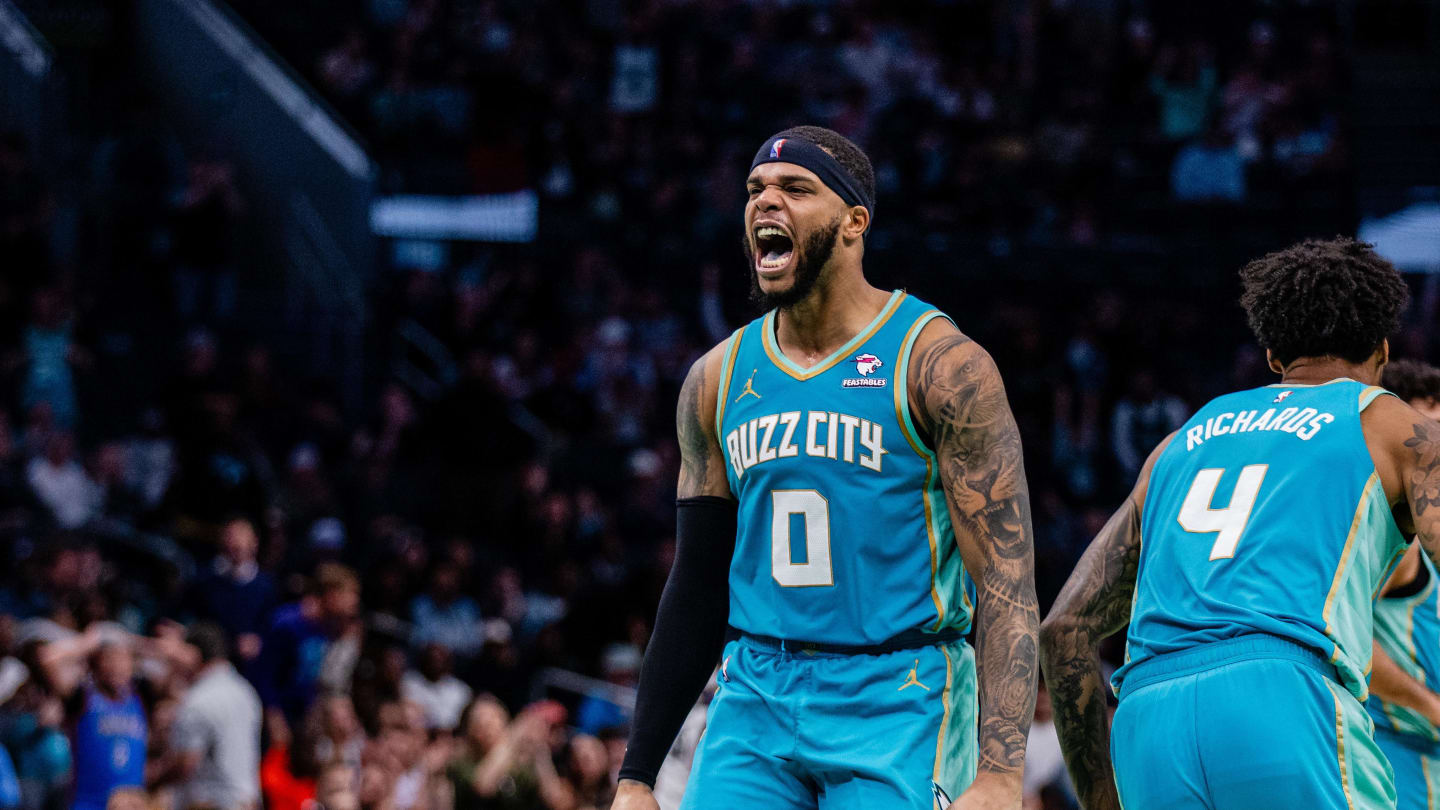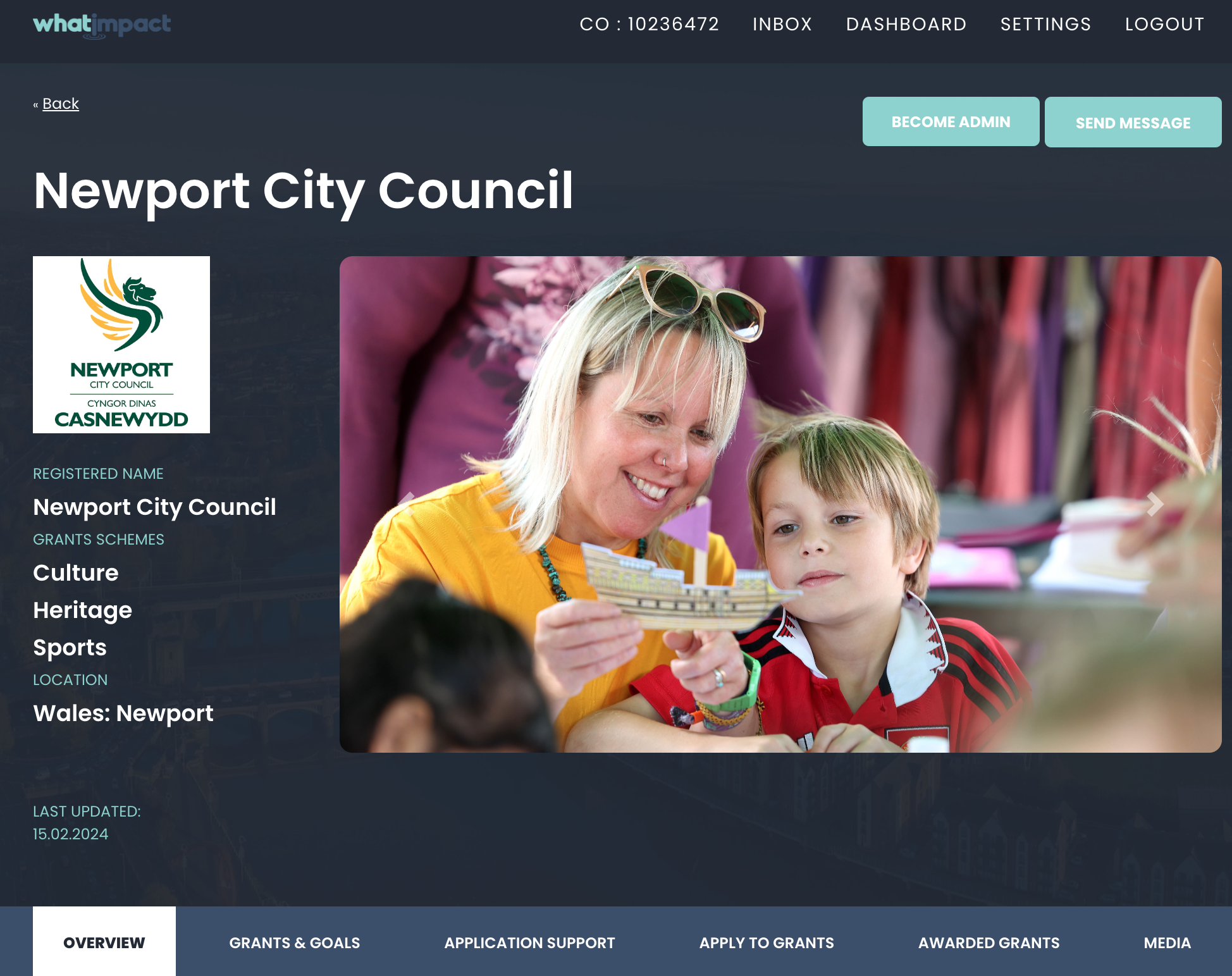This book by an Arizona author celebrates the sights and sounds of the Verde River for children

Later this summer, children’s author Phoebe Fox will be one of the writers representing Arizona at the National Book Festival in Washington, DC.
Fox’s latest book, On the Verde River, takes the form of a poem illustrated by watercolors by her father-in-law. The book encourages readers to pause, take a deep breath, and take in the sights, sounds, and diverse life forms that thrive along the riverbed.
Fox recently spoke with The Show’s Sam Dingman about her inspirations for the book and why she especially enjoys writing children’s books.
Full conversation
PHOEBE FOX: In 2018, my husband and I purchased a piece of land in Camp Verde on the Verde River. It was very inhospitable. We spent a lot of time there and realized that this was also a great opportunity to teach our boys how to take care of the land. How to take care of the river. And look at all the things we can do outside.
So we ended up getting a pop-up and spending the night there looking at the beautiful stars and listening to the owls. And just sitting by the river inspired me to write On the Verde River.
SAM DINGMAN: I noticed that you include people in the narrative on a few pages. We see a group of people parked by the river in their pickup truck and building a campfire. There are also people in a fishing boat. I know part of the goal of the book is to raise awareness of the dangers that human activities pose to the river’s ecosystem. How did you come to the decision to include people in the story?
FOX: Interesting question. From what I understand, when you write children’s books you always need some kind of story. The idea is that a family is camping at the beginning and then moves on as the day goes on. You see a little boy up in the tree looking down at some things in the river, you see a man and a dog, the family is watching the stars and at the end the moon is rising.
These are all things my family has been able to experience on the Verde River, and I hope that people will be inspired to spend time on the Verde River, but also appreciate and protect it.
DINGMAN: On your YouTube channel, which is called Mamafox Books, you have this recurring series called Story Time Saturdays where you read children’s books, your own and others’. And as I was watching those, I thought, you know, not all authors like to tell stories out loud, but you seem to really enjoy it. What do you like about it?
FOX: I love reading to children, and it benefits children who might not otherwise get a story time. During the pandemic, it was really important to me to keep those story times going. It gave the kids who would normally go to the library and have a librarian read to them something to do at home. I’ve also always had a passion for children’s books, and my mom and dad read to us a lot. I’ve been collecting them since college when I got my degree in education.
DINGMAN: You did?
FOX: Yes, I have a huge collection and if they are signed, that’s even better.
DINGMAN: What were your favorites growing up?
FOX: Oh, I love Margaret Wise Brown. And of course everyone loves “Goodnight Moon.” But I think her writing is so beautiful. I loved Dr. Seuss, Michelle Silverstein always made me laugh.
DINGMAN: What inspired you to start collecting books in college? Was it because you were writing academic papers about them or was it just a pleasure to have them around?
FOX: I think it was both. My favorite subject was probably children’s literature, so that’s probably when I started collecting books. But I already had my children’s books because my mom kept them for us. Each book had our names on it. But also who gave it to us and the year, and I think that’s great. I do that for my kids too. That way I can see how long I’ve had the book.
But I remember going to Changing Hands on Mill because I went to ASU and I was picking out some children’s books and I was just starting the collection. I knew I was either going to teach or do something related to children’s books. I just wasn’t quite sure what at that point.
DINGMAN: Yeah. I mean, you make me, I didn’t mean for us to talk about this, but you make me think about how books that you have as a kid feel like more than just books. Experiences almost.
FOX: Yes. When I think about how some people talk about music and how you do, when you hear a song you are immediately transported back to a moment. I feel the same way about picture books. You know, when I read a book to my children or my nieces and nephews, who are much younger than my children, that I loved as a child, I am transported back to the moment when I enjoyed it. In that respect, they are really wonderful.
DINGMAN: I remember going to my elementary school library after our teacher read us “BFG” for the first time.
FOX: Roald Dahl was one of my favorites.
DINGMAN: Yeah. I mean, I’d never heard anything in that book that resembled his language. And there were two copies of “BFG” in the library and I checked them both out because I just wanted as much “BFG” as I could. I don’t know…
FOX: Wow, oh my goodness, that’s a great story.
DINGMAN: That’s what I thought too.
FOX: But I remember the word “frobscottle.”
DINGMAN: Whizpoppers.
FOX: I wrote to him in fourth grade. We were supposed to choose an author to write to. I don’t know if my letter reached him in England, but I never got a reply. And I thought if I ever got the chance, I would write back. I read Charlie and the Great Glass Elevator at the time. There are so many good books.
DINGMAN: Oh yeah. The Vermicious Kids.
Going back to the fact that you share your work on your YouTube page, what struck me about the fact that you did that, and this feels like what we associate with these writers that we love so much, is that you’re kind of giving your work away, like there’s a certain generosity to it. What did you think about that?
FOX: The way I see it is, when you’re a kid and you like a children’s book, you don’t just want to hear it once. You say, “I love that. Let’s get it right now.” And Mom, can you please take me to the library right now and pick it out or to the store or, you know, to the bookstore.
So I hope that when the book is read to the children, they will find that they like it and that they want to have it.
DINGMAN: Right. You want to have that relationship with it that we talked about. So, you know, this is my time machine. This is my teleportation device to this world that I like to be in.
Yes. I was also very moved by what you said about some children who may not have time to listen to a story. Going back to what you said about your parents reading children’s books to you when you were growing up, do you remember what you liked about that experience as a child when you were read to?
FOX: I think it was mainly the feeling of being able to spend that time alone. For me it was the experience of being next to my mother or father or even my big sister, who would sometimes read to me and feeling that coziness, but also experiencing something that I naturally loved.
I appreciated it as a child and when I heard the prose or rhymes and saw the illustrations, I think it’s really unique that you can’t have a children’s book without one piece or another. And you need those illustrations to tell part of the story and as an author it’s sometimes difficult to hold back and not describe everything in the text. But you always have to keep in mind that the illustration tells half the story.
Transcripts of KJZZ’s “The Show” are completed on a timely basis. This text has been edited for length and clarity and may not be in its final form. The authoritative record of KJZZ’s program is the audio recording.



